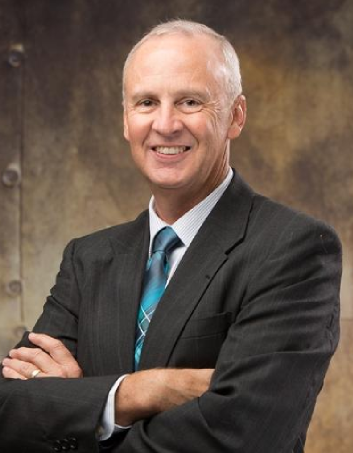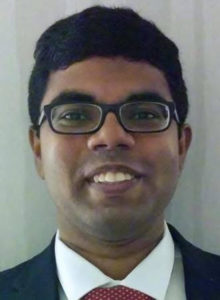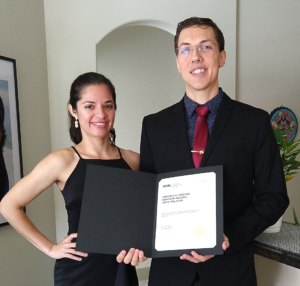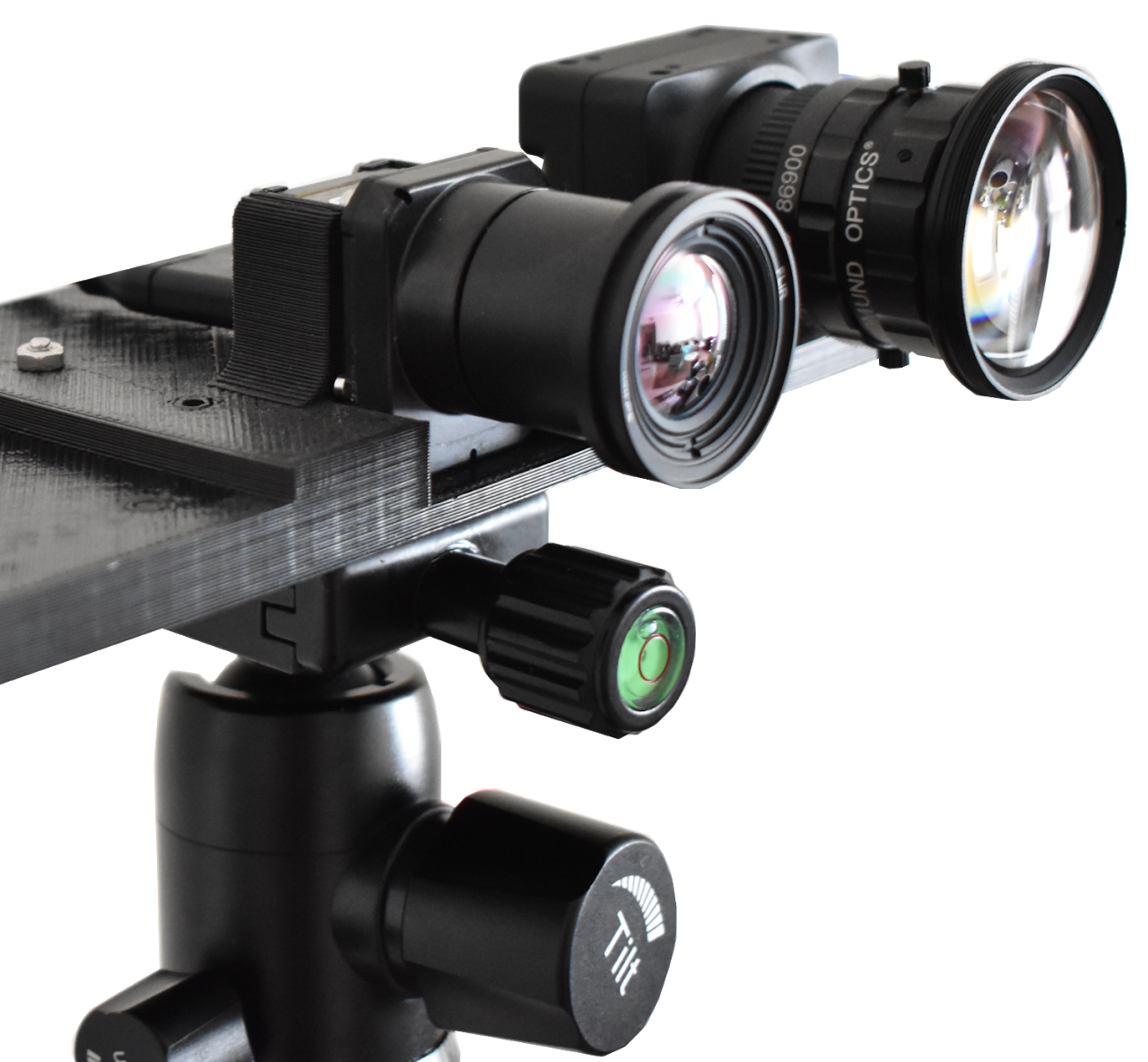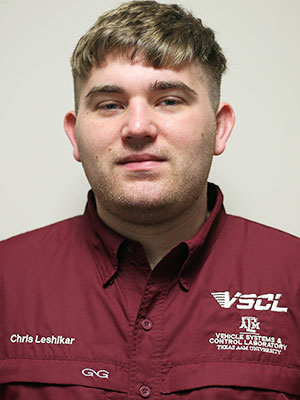 Chris Leshikar ’20, a graduate research assistant in the Vehicle Systems & Control Laboratory (VSCL), has been awarded the PhD Graduate Excellence Fellowship for Spring/Summer 2021. This competitive fellowship awards $20,000 over the span of 8 months , in addition to covering tuition and fees. All graduate research assistants within the department of aerospace engineering pursuing a PhD starting in Spring 2021 were considered for this Fellowship.
Chris Leshikar ’20, a graduate research assistant in the Vehicle Systems & Control Laboratory (VSCL), has been awarded the PhD Graduate Excellence Fellowship for Spring/Summer 2021. This competitive fellowship awards $20,000 over the span of 8 months , in addition to covering tuition and fees. All graduate research assistants within the department of aerospace engineering pursuing a PhD starting in Spring 2021 were considered for this Fellowship.
Leshikar has been an active member of VSCL since Spring 2017, focusing on system identification and nonlinear multiple-time-scale control theory. He graduated with a B.S. degree in Aerospace Engineering with Engineering Honors in December 2020. As a graduate research assistant in VSCL, Leshikar will be focusing his research on control of uncertain nonlinear multiple-time-scale systems and near real-time online system identification. Dr. John Valasek will serve as his research Advisor and Chair of dissertation committee.

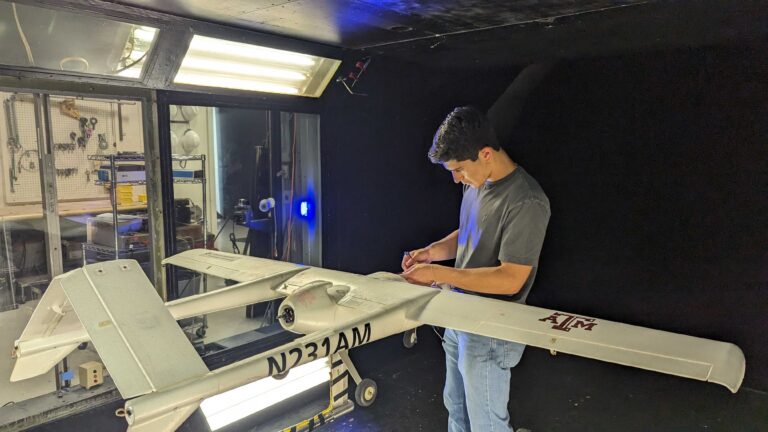


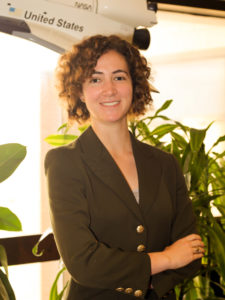
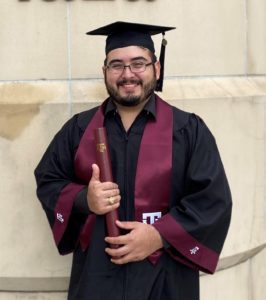
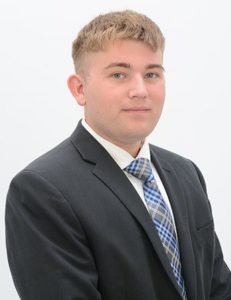 Christopher Leshikar is a Ph.D. student in the aerospace engineering department. Chris has been an active member of VSCL since Spring 2017, working on non-linear multiple-time-scale control theory and system identification. As an undergraduate, he attained internships with the Texas A&M University System Office of Federal Relations and the Defense Intelligence Agency (cancelled due to COVID-19). Chris graduated with a B.S. in aerospace engineering with Engineering Honors in December 2020. As a Graduate Research Assistant, he will be researching control of nonlinear multiple time-scale systems, and online near real-time system identification, which is sponsored by the
Christopher Leshikar is a Ph.D. student in the aerospace engineering department. Chris has been an active member of VSCL since Spring 2017, working on non-linear multiple-time-scale control theory and system identification. As an undergraduate, he attained internships with the Texas A&M University System Office of Federal Relations and the Defense Intelligence Agency (cancelled due to COVID-19). Chris graduated with a B.S. in aerospace engineering with Engineering Honors in December 2020. As a Graduate Research Assistant, he will be researching control of nonlinear multiple time-scale systems, and online near real-time system identification, which is sponsored by the 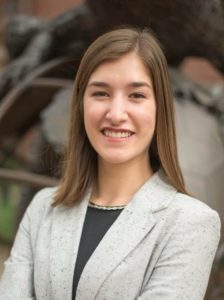


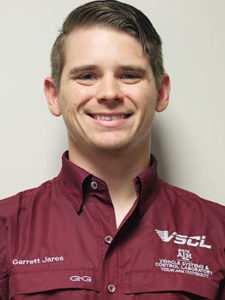 VSCL Graduate Research Assistant and Ph.D. student Garrett Jares has joined the AIAA Aerospace Cybersecurity Working Group (ACWG). The ACWG is involved with aerospace cybersecurity within the overall vision and mission of AIAA. It is composed of cybersecurity interested members from across the AIAA and provides opportunities to educate those involved with conceptualization, design, development, testing, deployment, operations, maintenance, and management of aerospace systems. ACWG seeks to engage in active information exchange among those involved in aerospace related cybersecurity, documenting the results, and making those results available to the broader aerospace systems community. The goal of the working group is to enable organizations to improve the confidentiality, integrity and availability of aerospace systems and data.
VSCL Graduate Research Assistant and Ph.D. student Garrett Jares has joined the AIAA Aerospace Cybersecurity Working Group (ACWG). The ACWG is involved with aerospace cybersecurity within the overall vision and mission of AIAA. It is composed of cybersecurity interested members from across the AIAA and provides opportunities to educate those involved with conceptualization, design, development, testing, deployment, operations, maintenance, and management of aerospace systems. ACWG seeks to engage in active information exchange among those involved in aerospace related cybersecurity, documenting the results, and making those results available to the broader aerospace systems community. The goal of the working group is to enable organizations to improve the confidentiality, integrity and availability of aerospace systems and data. Dr. John Valasek, professor in the Department of Aerospace Engineering at Texas A&M University and director of the Vehicle Systems & Control Laboratory, has been inducted into the
Dr. John Valasek, professor in the Department of Aerospace Engineering at Texas A&M University and director of the Vehicle Systems & Control Laboratory, has been inducted into the 